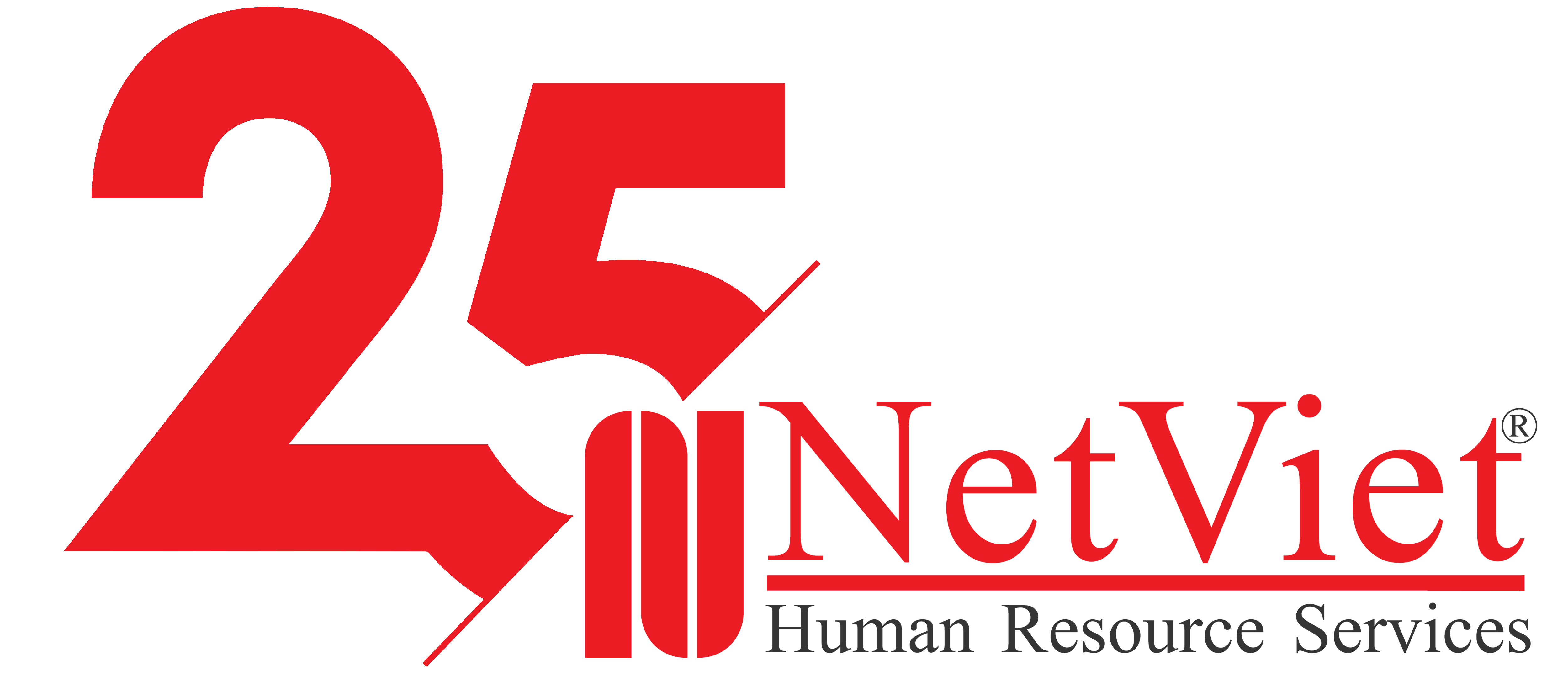As Vietnam faces new opportunities and challenges, the government is accelerating digital transformation, responding to climate change, and integrating deeper into global value chains. The issuance of Resolution 198 is a strategic move. It brings the spirit of Resolution No. 10-NQ/TW (2017) to life and turns the goal of developing the private sector into real action.
Table of Contents
ToggleA New Development Mindset Driven by Institutions
Resolution 198 adopts a modern governance mindset. The state no longer intervenes arbitrarily. Instead, it creates an enabling environment, sets up institutional frameworks, and guides resource flows. The government now partners with businesses. This approach shifts from control to support, from restrictions to activation, and from administrative to market-based logic. It also moves from intuition to data. Based on this shift, policymakers designed a clear and enforceable policy package. This marks a transformation from a “give-and-take” mentality to a “supportive ecosystem.” Laws now enhance competitiveness instead of acting as technical barriers.
Business Freedom and Property Rights as Legal Pillars
Resolution 198 strongly affirms business freedom and protects legitimate property rights. It establishes three key safeguards. First, no unfavorable regulation will apply retroactively. Second, asset confiscation requires a court ruling. Third, public authorities cannot interfere arbitrarily. These safeguards create a stable and predictable legal framework. As a result, investors gain confidence and the business environment improves.
Notably, the resolution encourages changes to overlapping or impractical legal provisions. These revisions protect property rights, especially for assets formed through private investment. They also improve fairness in justice, strengthen trust in legal institutions, and support responsible, transparent enterprises.
Meaningful Reform of Administrative Procedures and Compliance Costs
Resolution 198 directs the government to cut at least 30% of all administrative procedures, business conditions, and compliance costs. This applies to investment, construction, land, finance, and environment. More importantly, the government will develop a reform index, coordinated by the Ministry of Planning and Investment. Each year, the index will be published with independent organizations. Businesses and citizens can then monitor progress.
This approach applies measurable reform pressure. It counters tokenistic efforts and makes business environment improvements a key metric for evaluating governance. The resolution also calls for more digital technologies in procedures. E-government and one-stop-shop models will simplify processes.
Fairer, More Transparent Access to Land, Credit, and Public Assets
Another key policy expands access to development resources for private enterprises. Small and start-up businesses will benefit from public land auctions, affordable leasing, and access to underused public assets. These include old offices, warehouses, and R&D centers. On the financial side, green credit and innovation loans will be available with state support.
To ensure fairness, the government will publish public asset inventories and set clear land allocation criteria. Digital land information systems will provide open data access for businesses. Business associations will help monitor land and asset allocation to prevent cronyism.
Selective Tax and Financial Incentives for Innovative and Sustainable Enterprises
The resolution offers specific incentives. New innovative start-ups get full corporate income tax exemption for two years and a 50% reduction for the next four years. Technology and R&D experts working in creative enterprises or innovation centers do not pay personal income tax for their first three years. These measures attract talent and support R&D.
At the same time, the government requires transparent oversight. Businesses must show results in patents, products, revenue, and job creation. This ensures that support is targeted and substantial, not scattered.
The National “Go Global” Program – Empowering Enterprises to Expand Internationally
For the first time, the resolution aims to develop at least 1,000 leading enterprises in high-tech, digital transformation, value-added products, and exportable services. The “Go Global” program provides legal support, intellectual property protection, international finance, global brand-building, and value chain integration. This mindset supports proactive and meaningful global integration.
The program links with overseas Vietnamese trade offices, innovation centers, venture capital funds, and industry associations. Ministries will develop clear, sector-specific criteria to support pioneering enterprises.
Clear Implementation Mechanism with Accountability
The government leads the implementation of the resolution. It will create a detailed action plan and set targets for each ministry and locality. An inter-ministerial task force will monitor progress. Local authorities must issue action plans, disclose public assets, and report outcomes. The central government will hold them accountable. Annual reviews and reform index publications will encourage genuine action and prevent superficial policies.
Empowering Businesses, Associations, and Society to Monitor Reform
This resolution highlights the role of independent oversight and feedback from businesses, associations, and the media. The government will disclose reform results transparently. Businesses should improve their legal capabilities, ensure compliance, and embrace transparency to receive incentives.
Direct feedback channels, policy monitoring portals, and public satisfaction surveys will enable two-way dialogue and policy improvement.
Expected Impact and the Warning on Execution Responsibility
If the government implements Resolution 198 rigorously, Vietnam’s business environment, competitiveness, and investment attraction will improve. The main challenge lies in execution, not policy design. Delays, weak reforms, and lack of transparency could waste this opportunity for the private sector.
International experience shows that good policies often fail due to poor implementation and weak accountability. This resolution sets a clear direction and assigns responsibilities to ensure real results.
Affirming the Enabling Role of a Modern Rule-of-Law State
Resolution 198/2025/QH15 marks an institutional milestone. It shows a strong commitment to building an enabling, integrity-based, and action-oriented rule-of-law state. Success depends on unity between central and local authorities, between policy and implementation, and between government and enterprise.
The business community expects real action, not just words. That is the true measure of leadership and reform capacity as Vietnam enters its next phase of development.
Writer: Anh Tú
Department of Legal Dissemination and Legal Aid
Follow NetViet for the latest industry updates and more:
- Phone: +84 28 6261 7310
- Email: info@netviet.com.vn
- Website: www.netviet.com.vn
- Facebook | LinkedIn | Twitter














